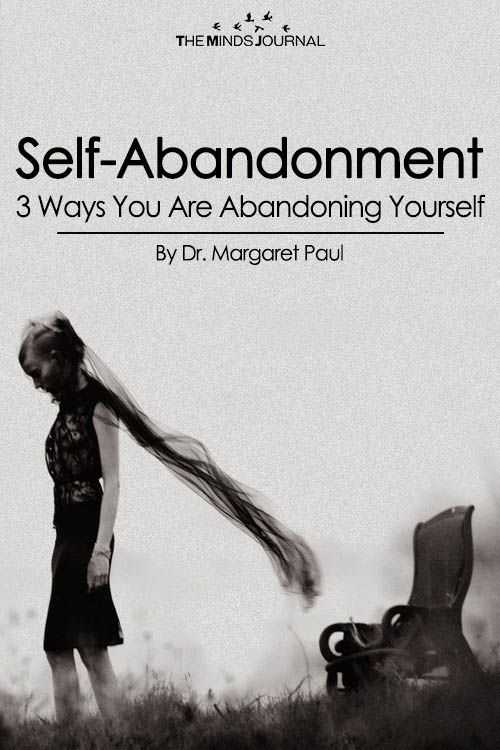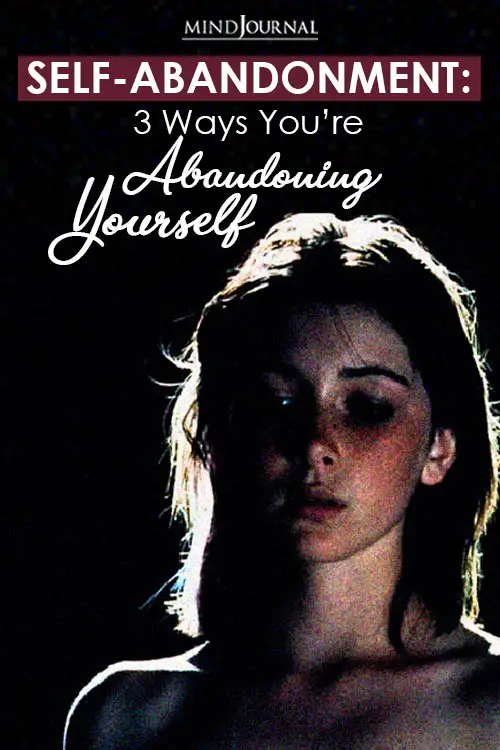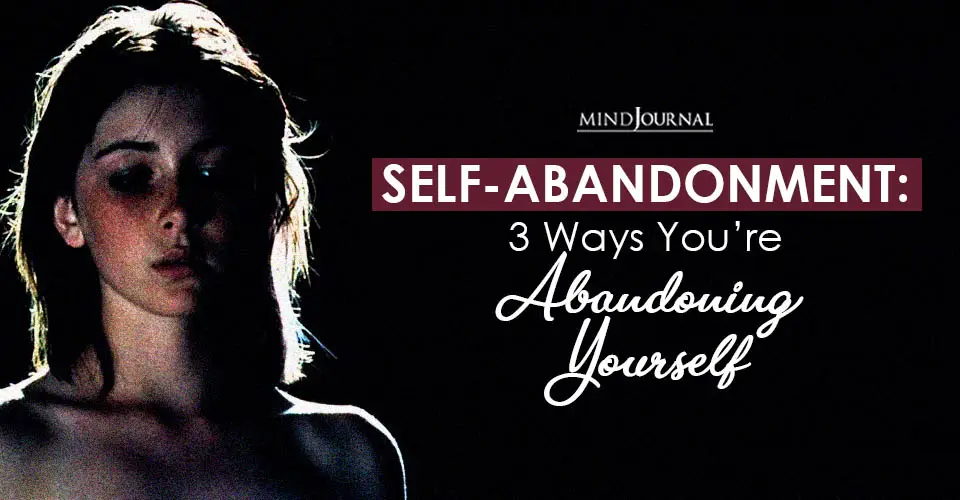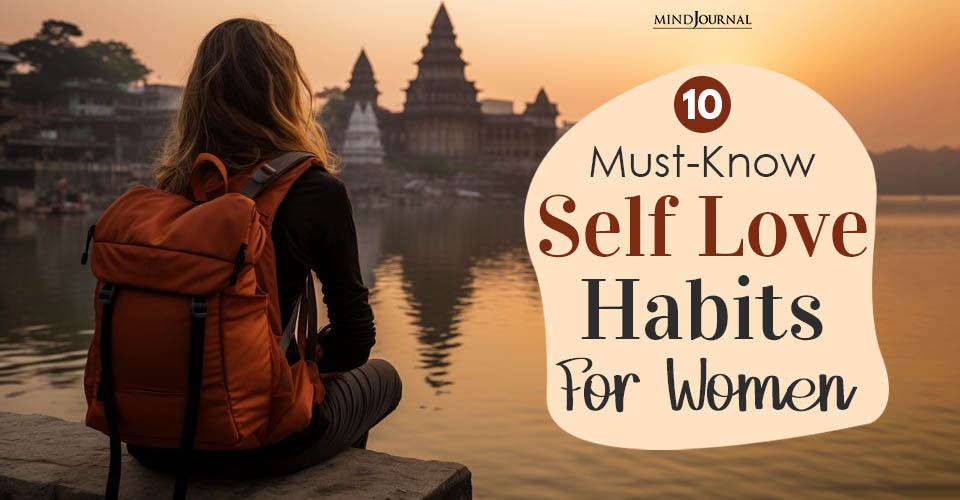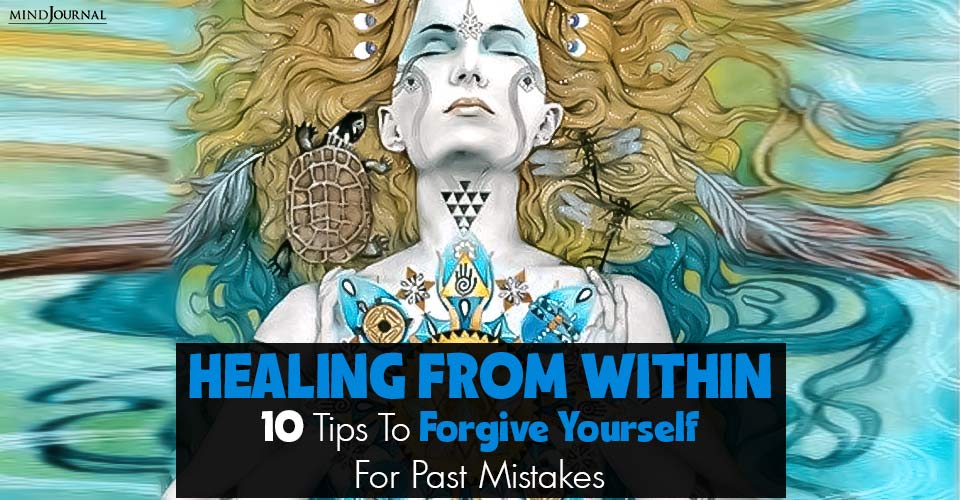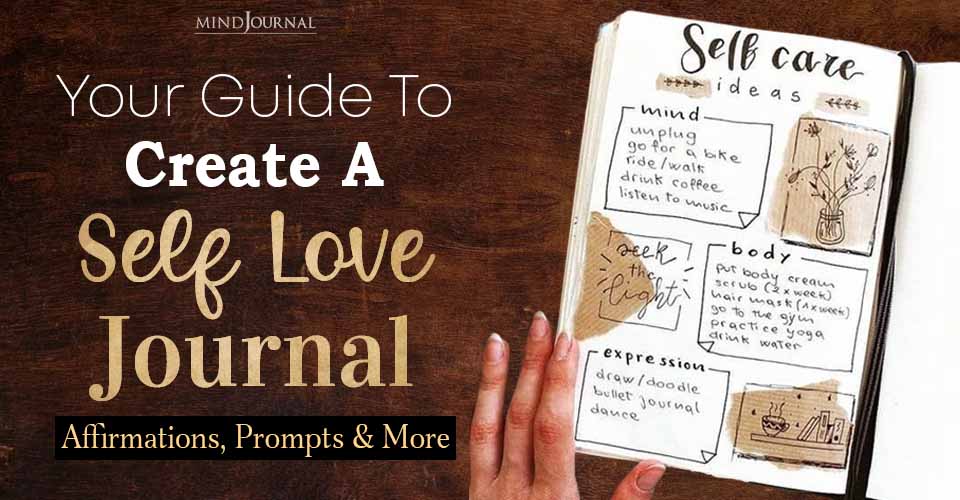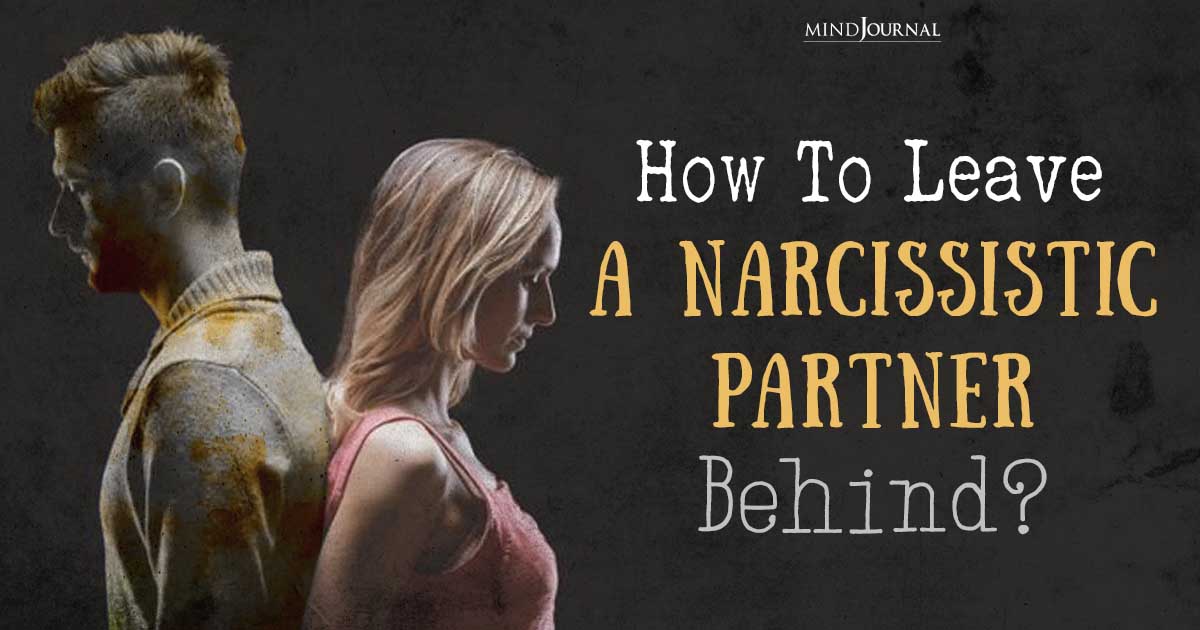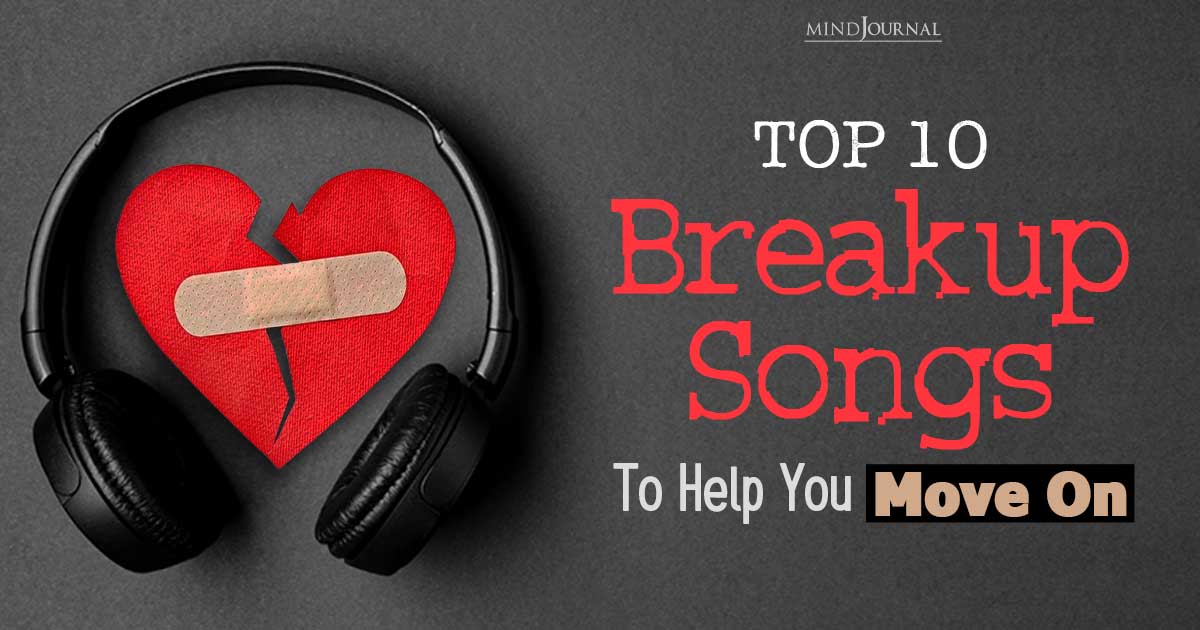How do you know if you are into self-abandonment? Here are 3 ways to if you are abandoning yourself.
The Encarta(r) World English Dictionary defines “abandon” as: “to leave somebody or something behind for others to look after, especially somebody or something meant to be a personal responsibility.”
As adults, our own wellbeing is our personal responsibility.
Do you abandon yourself, making others responsible for you, and then feel abandoned by others when they leave you or don’t take responsibility for you?
As an adult, another person cannot abandon you, since they are not responsible for you. We can abandon a child, an ill person or an old person – someone who cannot take care of themselves.
But if you are a physically healthy adult, you can be left, but you cannot be abandoned by others. Only YOU can abandon you.
What are the ways you might be abandoning yourself?
1. Judging Yourself
How often do you judge yourself with comments to yourself such as:
“You are not good enough.” “You are inadequate.”
“You are stupid.” “You are an idiot.”
“You are ugly.” “You are not attractive enough.”
“If you fail, you are not okay.”
“If someone rejects you, you are not okay.”
“It’s all your fault that….”
“You will never amount to anything. You are a failure. You are not reaching your potential.”
…and so on.
Just as a small child feels alone and abandoned when a parent is harsh and judgmental, so your own inner child feels alone and abandoned when you judge yourself.
Self-judgment not only creates inner feelings of aloneness and emptiness, but it also creates feelings of anxiety, depression, anger, hurt, fear, guilt, and shame. Then what do you do when you have judged yourself and created all these painful feelings?
Related :Emotionally Overwhelmed or Feeling Trapped. Here’s How You Can Reclaim Your Life
2. Ignoring Your Feelings
When you feel alone, empty, anxious, depressed, hurt, angry, jealous, sad, fearful, guilty or shamed – what do you do?
Do you attend to your feelings, exploring what YOU are telling yourself or doing to cause them?
Or do you ignore them by staying focused in your head rather than your body? Do you avoid your feelings with some form addictive behaviour, using food, alcohol, drugs, nicotine, TV, work, shopping, Internet, sex, anger, blame and so on to numb them out?
When you ignore your feelings by staying in your head or turning to addictive behavior, you are abandoning yourself.
Once you have abandoned yourself, it is very common to project this self-abandonment onto others and feel abandoned by people or by God.
Yet, as a physically healthy adult, the feeling of abandonment is being caused by you, just as many of your other painful feelings are being caused by you.
Related: Your Reminder That You Are Whole On Your Own
3. Making Others Responsible for You
Once you judge yourself and then ignore the pain you have caused, or you ignore the pain caused by others or by life events, it is quite likely that you then turn to others for the love and approval that you are not giving to yourself.
Your inner child – the feeling part of you – needs love, approval, and attention. We all need the love and comfort of others, but when you are abandoning yourself with your self-judgments and ignoring your feelings, the wounded child part of you turns to others in a needy, controlling way that may actually push others away.
Because the child part of you is desperately needy for love, you likely become manipulative to get that love – getting angry and blaming, or becoming overly nice or compliant and trying to do everything right.
You have handed your inner child away to others for adoption, hoping another person will give you the love you so desperately need. You become addicted to approval, attention and/or sex.
The more you make others responsible for giving you the love, attention, and approval you need, the more your inner child feels abandoned, leading to more addictive behaviour to fill the emptiness and avoid the pain of your self-abandonment.
The way out of this is to start to practice Inner Bonding – paying attention to your feelings, putting your attention inside your body instead of always focusing outside.
Related: The Truth Is I’m Strong But I’m Tired
The moment you feel badly, consciously decide that you want responsibility for causing these feelings and then notice what you are thinking or doing that is causing your pain.
Your painful feelings that come from your thoughts are your inner guidance system’s way of letting you know that what you are thinking is not true, and is not in your highest good.
Ask the highest part of yourself, “What is the truth?” Notice how you feel when you attend to your feelings and tell yourself the truth rather than judge yourself, ignore yourself, and make others responsible for your feelings.
Are you abandoning yourself? Share your thoughts in comments below.
Written by Margaret Paul, PhD
For information or to schedule a phone or Skype session: 310-459-1700 • 888-646-6372 (888-6INNERBOND) http://www.innerbonding.com
